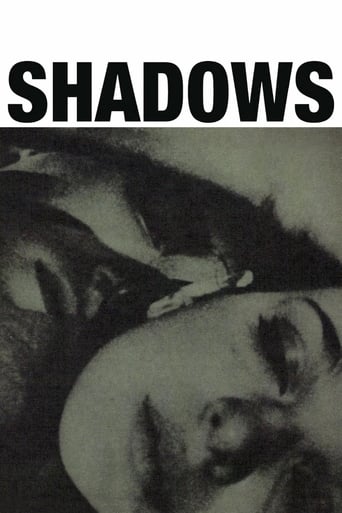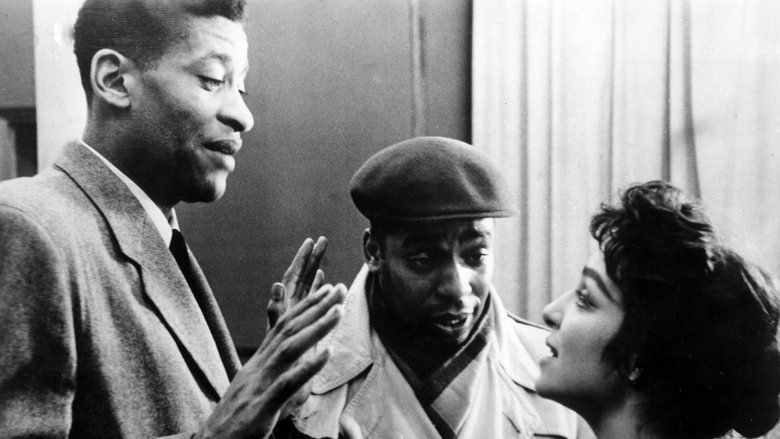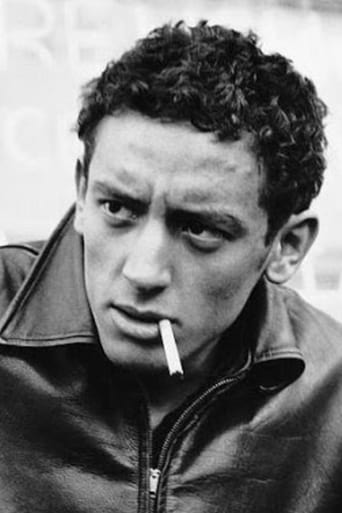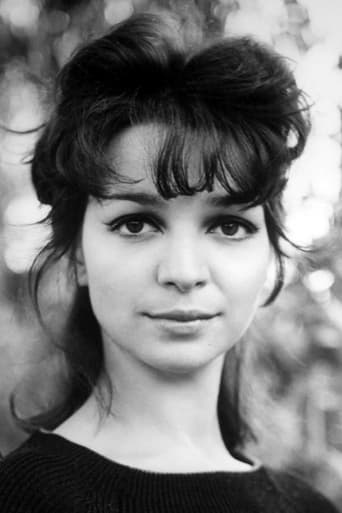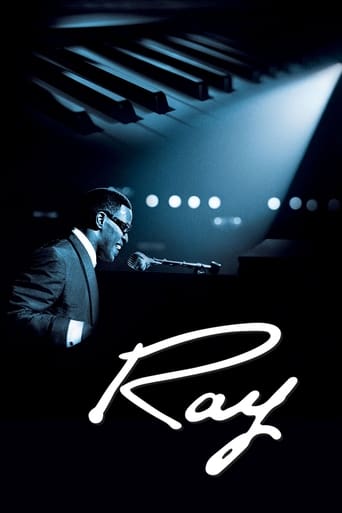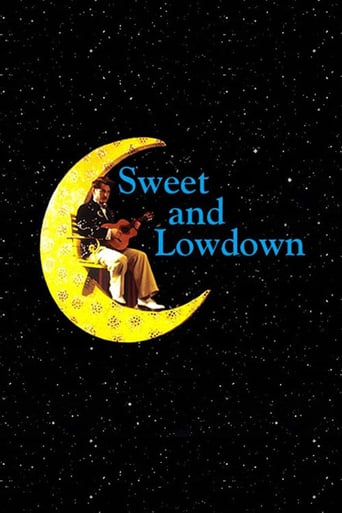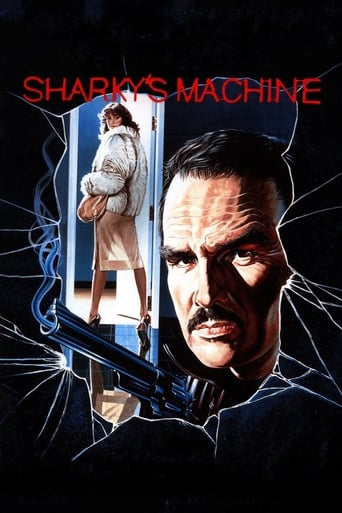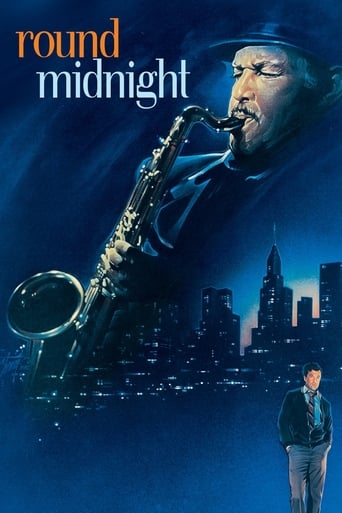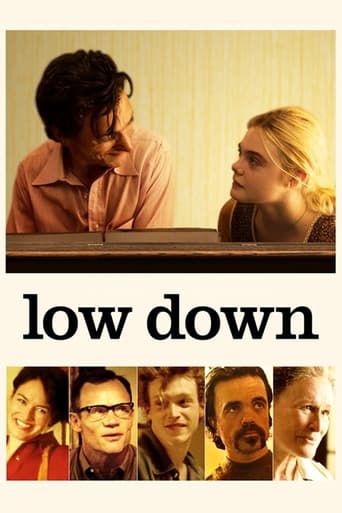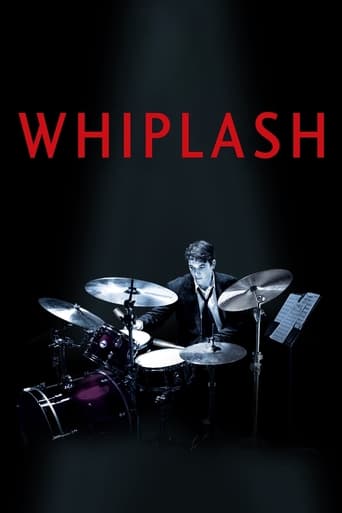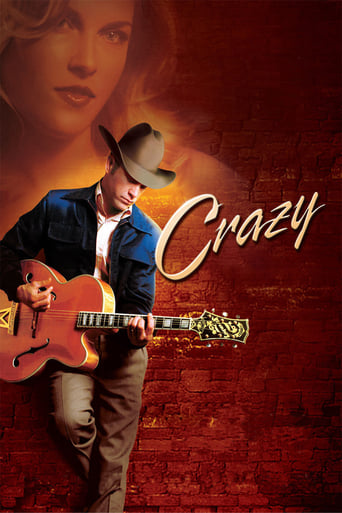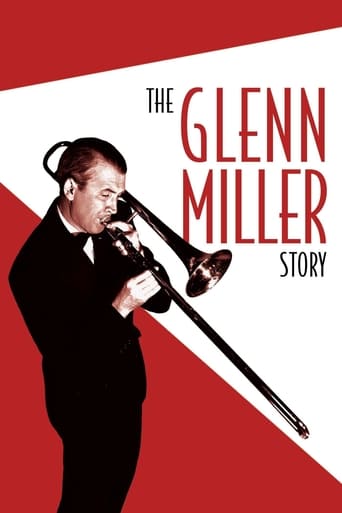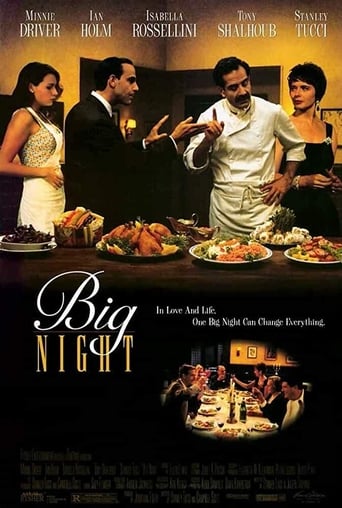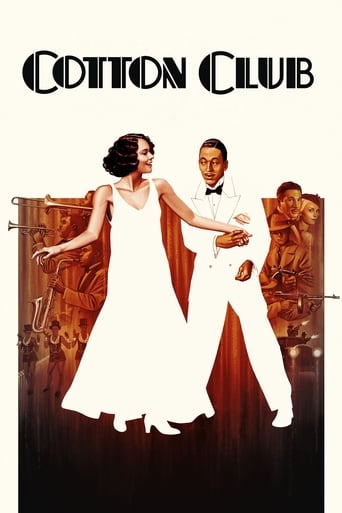Shadows (1961)
The relationship between Lelia, a light-skinned black woman, and Tony, a white man is put in jeopardy when Tony meets Lelia’s darker-skinned jazz singer brother, Hugh, and discovers that her racial heritage is not what he thought it was.
Watch Trailer
Free Trial Channels
Cast


Similar titles
Reviews
What a waste of my time!!!
This Movie Can Only Be Described With One Word.
Each character in this movie — down to the smallest one — is an individual rather than a type, prone to spontaneous changes of mood and sometimes amusing outbursts of pettiness or ill humor.
This movie tries so hard to be funny, yet it falls flat every time. Just another example of recycled ideas repackaged with women in an attempt to appeal to a certain audience.
in 1959, the revolutionary French New Wave movement was taking place. Spearheaded by film critics turned film makers who wanted a change from the tradition of quality, prestige films based on novels in rigid structures, the new wave went in the polar opposite direction. These were low budget, contemporary films, often with non professional actors with no adherence to traditional narrative structure. Ironically, in 1959, there was a film being made in America that was low budget (no studio funding at all), non professional actors, contemporary, and no adherence to narrative structure. This film was John Cassavette's "Shadows"."Shadows" could be described less as a story and more a glimpse into the lives of three individuals. Where it begins is virtually arbitrary, and it ends without any meaningful resolution. The dialogue, as would be typical of Cassavette, felt improvised and more like real life was being filmed. For the time it was unheard of, and even today you would seldom see a movie like this, or at least not in the main stream.Of course a movie being "realistic" does not make it inherently good, contrary to what some may believe. The strength of "Shadows" lies in it's fully realized characters and situations. Every actor really brings the character they play, however important or non important, to life. Every emotion, from small talk and wise cracks among friends, to consoling a broken hearted sibling, to getting into a near fight, feels absolutely legitimate. We have Hugh, the sibling with darker skin, who struggles with his lounge singing career while struggling to maintain artistic integrity and be the rock of his family. There's his brother, Ben, who is lighter skinned, that hangs out with trouble making friends. Finally their sister, Lelia, who easily passes off as white, trying to break away from her little sister role and finds herself in a romantic relationship. There really is no main character, all three have their own little thread going on that often crosses over with the others, but doing so naturally. Although racism does come up at one integral point in the movie, this isn't really a movie that focuses on racial issues.Most of the things these characters deal with are universal.Note must also be made of the jazz soundtrack that helps light a constant fire under the movie, and truly helps make it a time capsule for 1950's Manhatten. I feel the movie would truly lose some of it's fire and passion without this score. At the end of the day, passion may be the key word for this film. Either you're swept up in the authentic displays of human interaction and emotion, or you're likely wading through the longest 82 minutes of your life. If the latter, than the strong performances and intimate cinematography, the innovation, won't mean very much.
From director John Cassavetes (Faces, A Woman Under the Influence, The Killing of a Chinese Bookie), this film appeared in the book 1001 Movies You Must See Before You Die, I knew nothing about before finding it listed, so I was hoping it would be interesting. Basically the story is an improvised piece about interracial relationships in Manhattan, New York, specifically between three black siblings and their personal situations. Benny (Ben Carruthers) is a hipster aimlessly moving in and out of the beat scene of the city, and he may be close to trouble. Benny's sister Lelia (BAFTA nominated Lelia Goldoni), who looks more white than African-American, is falling in love with white man Tony (BAFTA nominated Anthony Ray), but she is equally vulnerable as his prejudice comes into play. The eldest of the three siblings is brother Hugh (Hugh Hurd) who is struggling with his singing career, his agent Rupert (Rupert Crosse) seems to be the only person who has faith in his talent. Like jazz the story moves back and forth between the stories of the three siblings, it starts seeing their lives separately before their individual situations bring them together. Also starring Dennis Sallas as Dennis, Tom Allen as Tom and David Pokitillow as David. I can see some reasons why this film was considered a benchmark for it's time, it is interesting to see what the actors come up with while ad-libbing, it certainly inspired independent filmmakers for the future, there might not be very much happening during this, but it is an alright drama. It was nominated the BAFTAs for Best Film from any Source and the UN Award for John Cassavetes. Worth watching!
No need to repeat what little plot there is.In 1959, movie-making was a closed shop. Between the studios, the craft unions, and the distributors, the only films outside Hollywood were home movies. Add a restrictive Production Code to that shop, and you get a commercial product that's typically slick, entertaining, but all too predictable. I remember being on a mid-western campus at the time and hearing about Shadows. An independent production gave me ideas that fortunately or unfortunately never materialized. But for many others, the idea took root and, most importantly, helped shake loose the Hollywood monopoly.No, Shadows is far from a masterpiece by any standard. It is, however, a gutsy, pioneering effort that achieves its own brand of sensibility—it's certainly not slick; then too, it's more interesting than entertaining, and not at all predictable. In short, what's on Cassavetes's screen is largely in contrast to what we expected from feature films of the time.Instead of conventional story or plot, there are several very loose narrative threads. Instead of prepared script, set, and cast, there are non-professionals and improvisation, though how much, I gather, is debatable. And in place of expected resolutions at movie's end, life simply continues much as it did before. As a result, there's no expected moral or lesson to events. They simply happen as they happen, but within that framework, new possibilities open up, while the screen comes to look more like everyday experience than an entertainment medium. I gather the aim is to reveal truths at a new level left undisclosed by traditional narrative structure. Something like the 'truth of the moment as it's lived'.This is certainly no place to attempt a concept like that. However, I can see how movie tradition with its emphasis on structure and artifice would override the momentary and the non-preconceived in favor of the integrity of the whole. So, it looks like Cassavetes not only helped establish the indie, but also aimed at a new way of looking at movies in general. Anyway, I don't know how well he succeeds with Shadows. However, I do have a lasting image of New York City, that is, of the shabbily gaunt Ben Carruthers hunched down in his leather jacket, perhaps as protection against an uncaring world as he drifts aimlessly down the city street. I'm just sorry that Shadows didn't make it to my long ago campus.
Shadows breathes the smell of New York's streets like no film before it. This kick off of Cassavetes' directorial work is as atmospheric as political and the initial spark for a renewal in American cinema.Maybe it solicits for watching Cassavetes' first work in a double feature with another debut, Godard's À bout de soufflé. Both films shaped the cinematic production of their countries beyond decades and both breathe a peculiar lightness and jauntiness which was later rarely achieved by those filmmakers in their career.Shadows tells from three Afro-American siblings, Ben (Ben Carruthers), Lelia (Lelia Goldoni) and Hugh (Hugh Hurd). The story is set in the New York jazz milieu and the driving rhythms on the soundtrack play a main part for the feverish, sometimes almost dreamlike atmosphere which draws through the entire film. There's not much happening in the plot. The everyday life of the three siblings is defined by problems in love relationship or in their jobs, but on both levels normality deceives. Without moralizing gestus, Cassavetes simply describes the mechanism of racial exclusion, in public and in private life. It was, regarding to the cinematic depiction of racism, a breakthrough film in the US. This film owes also a lot to the performances of the three leading actors which were all almost completely unknown before. Especially Ben Carruthers established with his energetic portrayal the image of a new self-conception of young, urban blacks in America, an image which characterizes Spike Lee's films of the 80s and 90s. Revealingly, none of those three doubtlessly extremely talented actors was able to start a big career afterwards. Hollywood wasn't and isn't ready to ethnically expand its star system, and that is why Goldoni, Hurd and Carruthers only found small artistic niches in TV and independent films later on.Perhaps Shadows is one of the less "beautiful" films ever shot, and one of the most beautiful ones at the same time; a film of shades and spaces, with a camera that merely watches the stream of life in the crowded street corners, bars, hotel lobbies, apartments, inducing an intriguing ramble through New York's vibrant streets.

